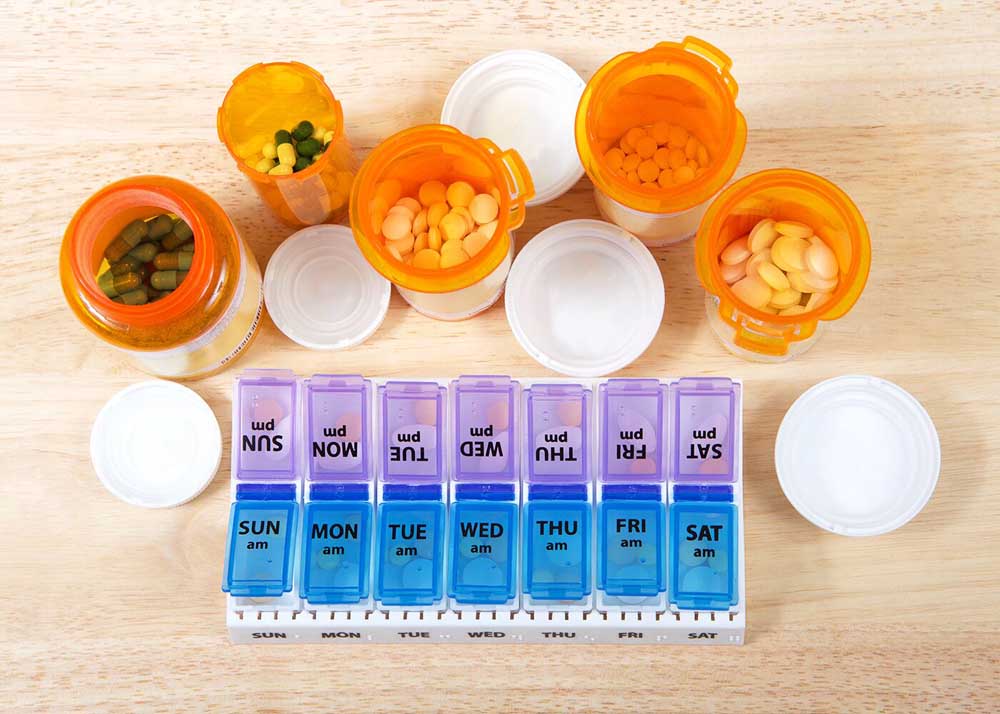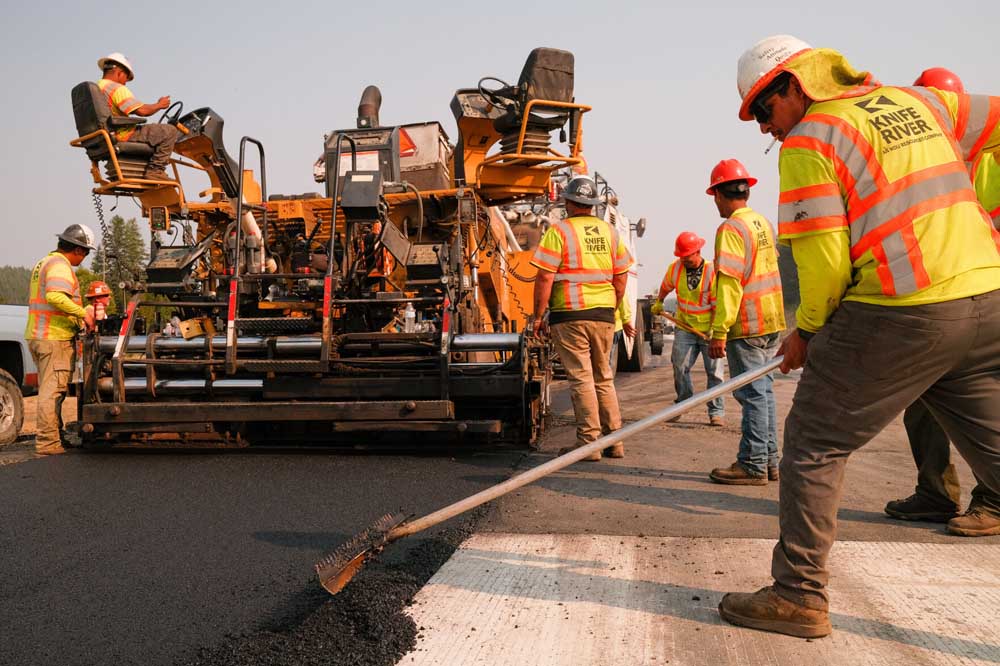Medication compliance: It’s the right thing to do
Published 1:00 pm Tuesday, February 21, 2023

- There are a number of things you can do to keep track of medication schedules.
JOHN DAY — Compliant. Compliance. Adherence.
These are words we use in positive situations. When the opposite is true, then we have a negative situation.
At franchises such as Subway, they must be in compliance and adhering to all the franchise rules of the larger Subway corporation. This keeps them in a positive and successful situation while serving food.
We often refer to our children as being compliant or noncompliant. We have some of each, but we call the noncompliant “strong-willed” and we call the compliant “Dr. Tilli.”
Compliance or adherence in medication therapy is also a positive situation. When people become noncompliant or non-adherent with medication therapy, it can lead to preventable illness, preventable hospitalizations, and preventable deaths.
It is estimated that medication noncompliance and non-adherence accounts for 16% or $500 billion of the entire health care spending every year. In fact, the World Health Organization says increasing adherence of existing medication therapy may have a greater impact on health than changing or improving a specific mediation therapy.
Still, it is estimated that 50% of all patients taking medication are not compliant or adherent with the way it was prescribed. That is a bunch of noncompliance and non-adherence. This leads to an estimated 125,000 deaths annually and about 10% of all hospitalizations.
On the other hand, not all the blame can land on the patient alone. The entire health care system can have positive or negative impacts on medication compliance. The system often has too many moving parts to make consistent medication adherence feasible. Even with all components working with the patient’s best interest, there can be breakdowns.
Here are 10 simple tips to help improve medication compliance at home.
1. Integrate the medication schedule into your daily life. Fit the medication into your life instead of structuring your life around your medication. Visit with your doctor or pharmacy team for help in setting up this type of schedule.
2. Prepackage your doses in advance. Use a pillbox to prepare your medication for a week or even longer. Note that some medications require special storage conditions. Len’s Pharmacy offers two programs that help in this area, Refills Made Simple and PackMyMeds strip packaging.
3. Keep a checklist. Keep a daily checklist of the medication and the times they should be taken. Check off each dose after it is taken. There are multiple smartphone apps that can help with this as well. Len’s Pharmacy offers their RxLocal app that helps keep track of medications.
4. Use an alarm. Use a beeping alarm to remind you when a dose is due. Smartphone apps are another big benefit here.
5. Write the schedule on your wall calendar, smartphone or day planner. Calendars are good for more than family birthdays. They can really help keep medication schedules straight.
6. Plan ahead for traveling, refills, holidays and weekends. Pack your medications and keep them with you when traveling. Keep in mind that your schedule may change while on vacation, so keep them in your purse or carry-on. Also, plan ahead for refills. Don’t wait until you are out to call your pharmacy to order a refill. Give the pharmacy a minimum of two to three days of advance notice.
7. Keep calm and plan ahead. Your medication is your business and often is a very private matter. Arrange for private time at work or while visiting family to take your medication. Make sure it is quiet and uninterrupted.
8. Keep a diary. Write down successes as well as failures to remind you what has worked and what has not. Record missed doses to identify times or doses that need to be worked on to improve your medication compliance.
9. Establish and use a support network. Find friends or family that can assist you in taking your medication. Develop a working relationship with your health care team (doctor, pharmacy and caregivers).
10. Leave yourself notes and reminders. If you don’t use a smartphone, leave notes around the house where you will be sure to see them: on the refrigerator, by the TV or on the bathroom mirror.
Your pharmacy team at Len’s Pharmacy is committed to helping in whatever way we can to increase medication adherence.
At Len’s Pharmacy, we have several programs that can help you and your loved ones increase medication adherence — and thus decrease the potential for adverse effects from non-adherence.
Here are two programs that can help:
• Refills Made Simple (RMS): This program strives to synchronize all the chronic or maintenance medications to be filled at the same time each month.
One factor that often leads to medication non-adherence is an excessive number of trips to the pharmacy. While we love seeing our patients, we do not want to be a stumbling block to their mediation adherence.
• PackMyMeds: Medication with this system will be packed in strips for the month, with each dosing time in line. All medications for any particular dosing time are loaded into one packet.
Even with some effective ways to increase medication adherence, we can never underestimate the effectiveness of contacting the pharmacy a minimum of three days prior to needing your refill. With the many moving parts of the health care system, this extra time can be very necessary to prevent a break in therapy.
Most importantly, the pharmacy team at Len’s Pharmacy is always available to answer your questions and assist you with improving your medication adherence.






